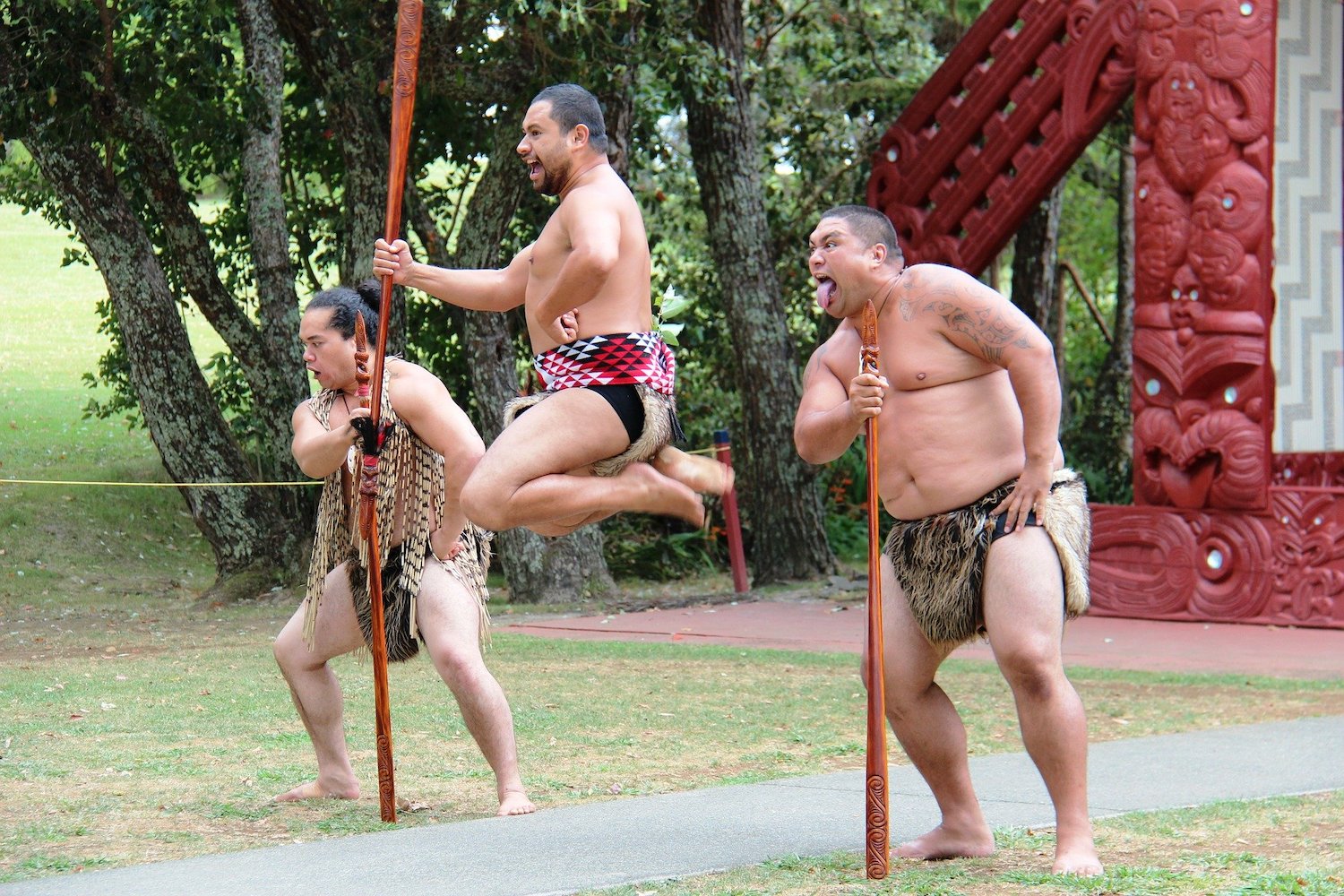Whakapapa – Who Are You Really?
This greeting is in the Maori language of New Zealand, the down under home of Kiwis that I was fortunate enough to visit last month.
The Maori are a collective group of Polynesian Islanders that settled in New Zealand beginning in the 1300’s. Their language was oral until white men from Holland and Britain came in the 1600’s and began to write it down using our standard English alphabet.
As is usual, customary and unfortunate, when colonizers come, things are changed for the indigenous population. While the language was written down, we are told that it was also discouraged from use in the public sphere.
With language comes a way of thinking. Now Maori language is making a comeback, and many signs are written in both languages. Maori uses the passive voice, not the active. Thus, instead of saying: “I ate the cake”, one would likely say: “The cake baked by Sally in her kitchen on Sunday was today eaten by me.” Clearly the story of how the cake came to be produced
is more important to know than the action of the eater.
“Whakapapa” is asked when meeting someone, either for the first time or later on. Instead of “How are you?” “Fine,” the questioner is interested in how the person came to be who and where they are. It is important to place oneself in a community or background rather than focusing on ephemeral feelings. Thus, an apt response might be: “I am the son of Samos who fishes off the South Island and lives with his family in the village of Tekara where our homes survived the latest volcanic eruption.”
I love this way of speaking; it is respectful, community based, connecting a person with their environment and linking generations. Whether it’s a result of this thinking or coincidental, New Zealanders take care of their homeland. Things are clean and green, air and water pure.
When one sees the environment as part of one’s identity, perhaps that is an inducement towards true stewardship.
How I would love to say: “I am from Baltimore, a place where people plant trees and pick up litter.” Perhaps speaking like this will create the power to will it into existence?


Joyce, I’ve been spending some time recently reading pieces written by ladies I don’t see at our meetings. I love this one. It reminds me of a book I taught at Bais Yaakov called, “A Light in the Forest” about a white boy who was stolen by an indidginous tribe in the 1700 or 1800 hundreds. We learn that the tribe called all of nature by a title such as “Mother Earth,” “Father Sky,” “Brother Beaver,” etc. It helped them to be gentle with nature and take only what they needed. This opened a way for me to discuss with my girls our enviornment and taking care of it. So happy to have read this and learned of these people.